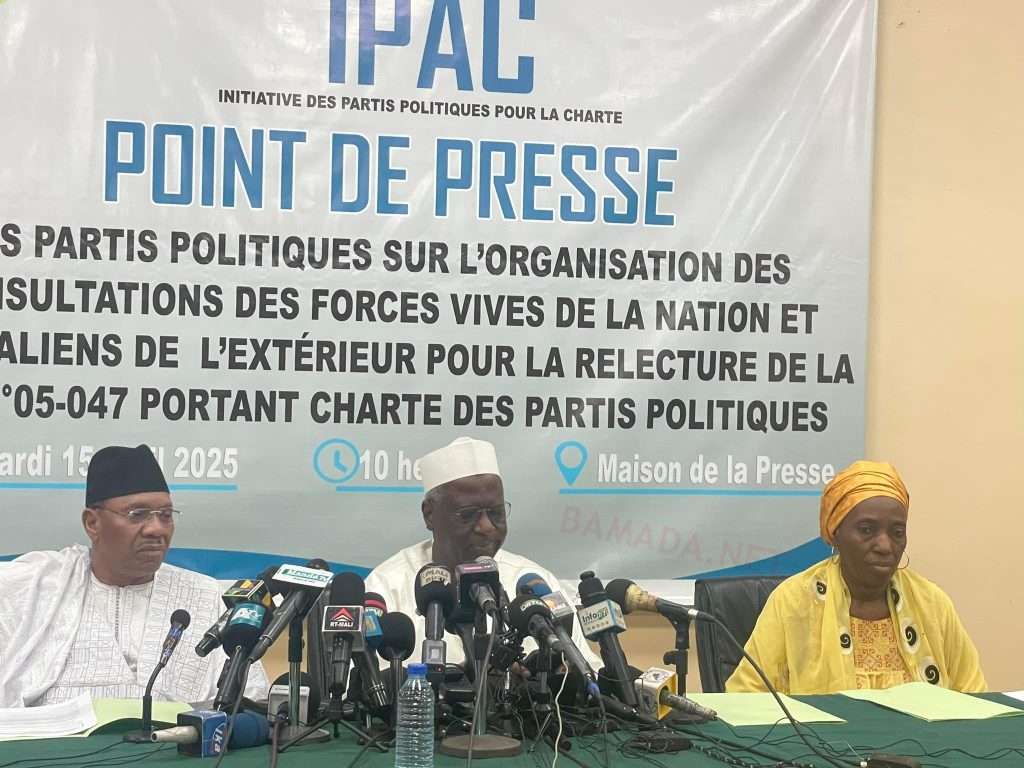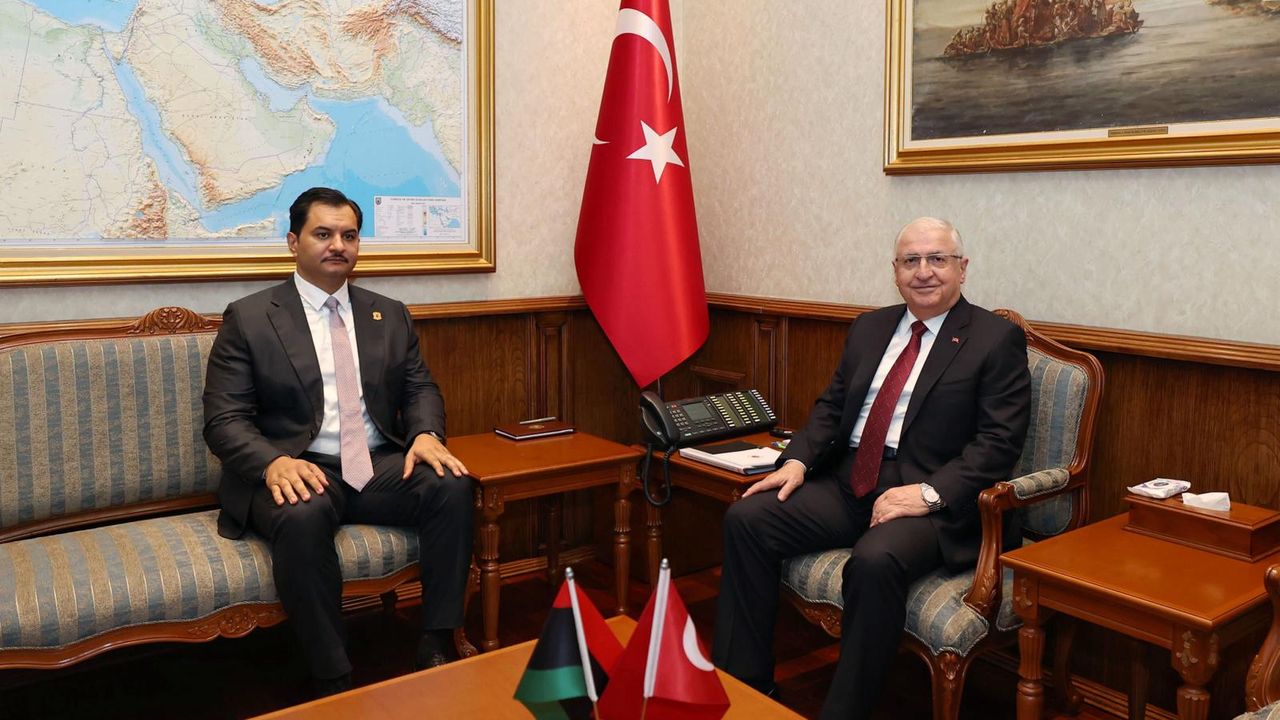Mali: Political parties fear ban

In a press conference on April 15th, more than a hundred political parties have expressed their fear that the Malian junta will put a strain on their activity, as the transition government seeks to change rules on creation of parties says RFI.
“Voices known by all are hinting that the current process seeks to dissolve, or at least to suspend political parties activities,” said former Prime Minister Ibrahim Touré, reading the common declaration of 101 Malian political parties during the IPAC conference, as he reminded the audience that the article 39 of the new constitution adopted by the junta itself in 2023 guarantees the existence and the activity of political parties.
Fearing for their existence, parties have indicated they requested an “urgent meeting” with current Prime minister General Abdulaye Maiga, ensuring their desire to reinforce “the stability and the progress of transition, within the framework of the law and republican principles.”
Following the power grab in 2021, the junta had launched the “Inter-Malian dialogue”, a smokescreen that allowed the extension of the transition period and the promotion of coup leaders to the rank of general some say. Among the recommendations, the transition government had also called to suspend public financing for parties and for harscher rules for their creation, which party dread, will deal a final blow to democracy in Mali.
According to government sources, there are around 300 parties operating in Mali, some of them “ghost” parties which essentially exist to receive public subvention, or were recently created to support the transition process.
To address these concerns, political parties have taken the initiative to share a number of guidelines to the transition government, in which they set a framework to limit parties’ number and their public financing through criterias such as election scores. This would, they hope, give them a role in the transition process.
On the other hand, recent events show that a reform of the governing rules of parties is a must to restore some kind of public confidence in the party system in Mali.
While Mali can boast a tradition of multipartism dating back from 1991, after the ousting of Moussa Traoré’s dictatorship, it was significantly dented by years of corruption and mismanagement that eventually led the 2021 military coup.
After nearly five years of military rule, the junta shows little if any sign of transitioning to a more democratic form of government. On the contrary, the military regime has come under the fire for its use of political repression.
Just recently, Seydina Touré, a member of the Alternative for Mali party, was arrested for “inciting public disorder”, after he criticized the transitional government on his facebook account.
RFI, Maghrebi
Want to chase the pulse of North Africa?
Subscribe to receive our FREE weekly PDF magazine












